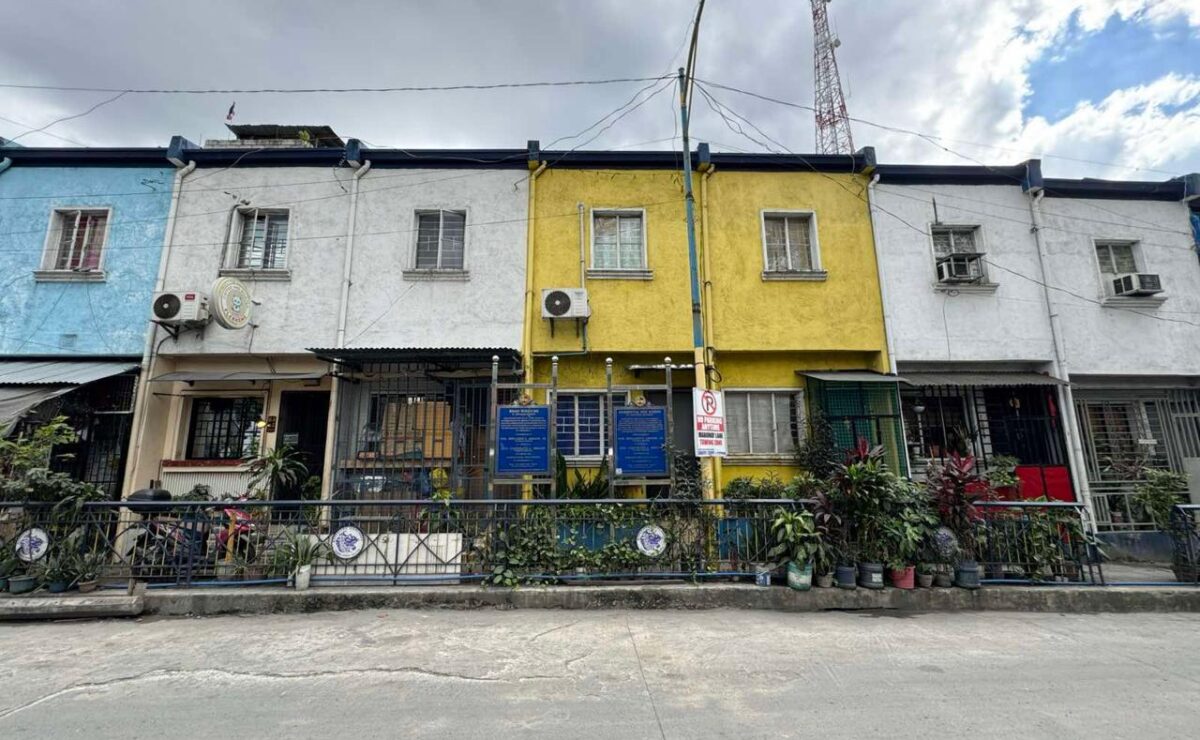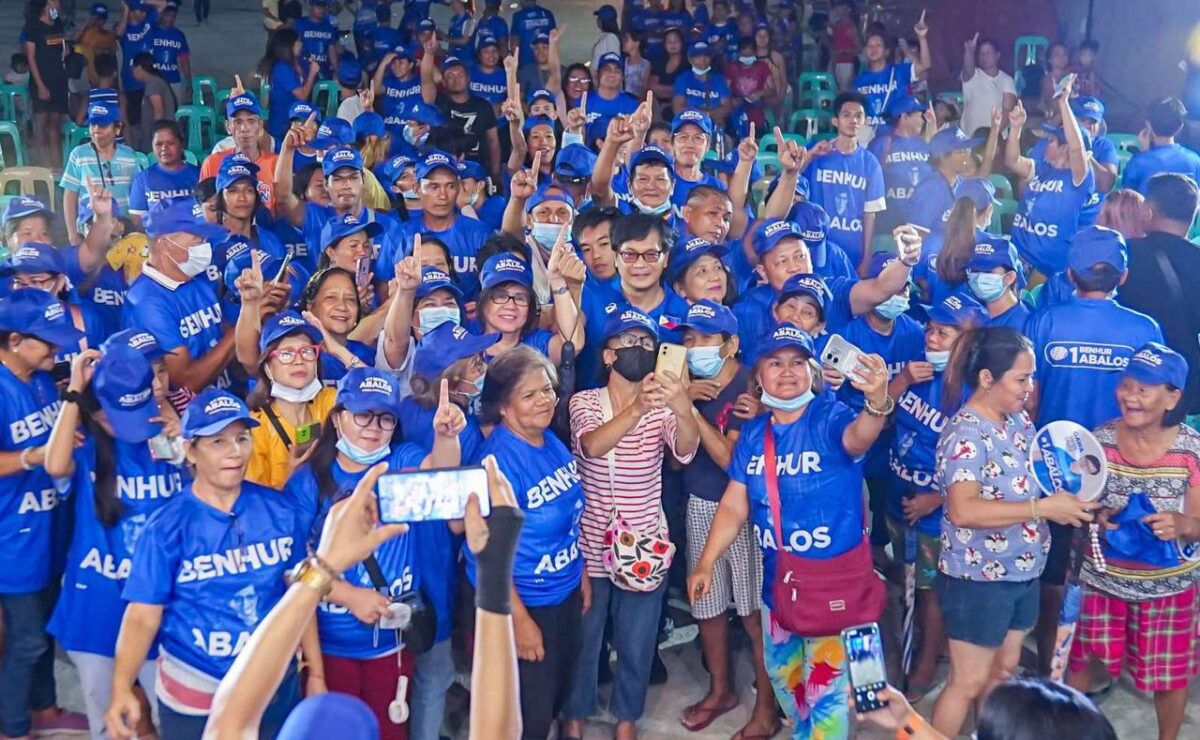Benhur Abalos vows to replicate Mandaluyong housing program nationwide

Senatorial candidate Benhur Abalos wants to prioritize housing once elected.
MANILA, Philippines — Senatorial candidate and former Mandaluyong Mayor Benhur Abalos Jr. vowed to replicate his city’s successful socialized housing program nationwide, saying that giving more Filipinos access to affordable homes will be a top priority if elected to the Senate.
Abalos, an award-winning mayor and former Interior secretary, said his city’s affordable payment schemes and interest rates that do not burden low-income families have his housing program effective.
“Walang dapat mahirapan magbayad para lang magkaroon ng tahanan,” Abalos said. “That’s the recipe for success.”
If elected, Abalos said he will push for measures that guarantee access to dignified housing for informal settlers, low-income earners, and OFWs.

Mandaluyong housing projects instituted by then Mayor Benhur Abalos.

Senatoriable Benhur Abalos flanked by supporters.
“Our goal should be clear: To give every Filipino family a chance to live with dignity, security, and pride in a home they can truly call their own,” he said.
Under his leadership, a total of 7,767 families were able to own a house through a range of socialized housing programs in Mandaluyong. These included five medium-rise condominium buildings for 1,113 families and a land-for-the-landless program that gave permanent homes to 2,366 families.
Another 2,101 families, formerly informal settlers living along the Philippine National Railway, were given land titles. In partnership with Gawad Kalinga, 727 families were given a permanent housing. The city also implemented a community mortgage program that benefited 1,460 families.
“These families now have legal ownership and dignity,” Abalos said. “Hindi na sila mga informal settlers—mga landowner na sila.”
Keeping costs affordable
Abalos emphasized the any housing program’s success lies in keeping costs affordable for ordinary Filipinos. In Mandaluyong, monthly amortization for housing units ranged from only ₱1,500 to ₱1,800, depending on the loan term—typically 10 to 25 years. For land titles under the land-for-the-landless program, beneficiaries paid as little as ₱250 per month for 20-square-meter lots, fully payable in three years.
He said the model works because it treats housing not just as a shelter issue, but as a critical pillar of inclusive growth.
By keeping families within city centers, the program preserved livelihoods, reduced transportation burdens, and strengthened communities.
In Congress from 2004 to 2007, Abalos authored the amendments to the Urban Development and Housing Act of 1992, allowing local governments to acquire land for housing through negotiated sale. The bill sought to eliminate bureaucratic delays that have long hampered socialized housing programs, enabling LGUs to fast-track the delivery of housing to qualified beneficiaries.
As Secretary of the Interior and Local Government, Abalos also helped push the 4PH (Pambansang Pabahay Para sa Pilipino) Program—the national government’s flagship initiative aimed at addressing the country’s severe housing shortage.
He also proposed to the Department of Human Settlements and Urban Development (DHSUD) the inclusion of overseas Filipino workers (OFWs) in national housing initiatives, saying there should be allocation within the government’s housing programs specifically for modern-day heroes and their families.
“Our OFWs have sacrificed so much for their families and for the nation’s economy. It’s only right that they’re given a fair chance to build a life back home—starting with secure and affordable housing,” Abalos said.


















